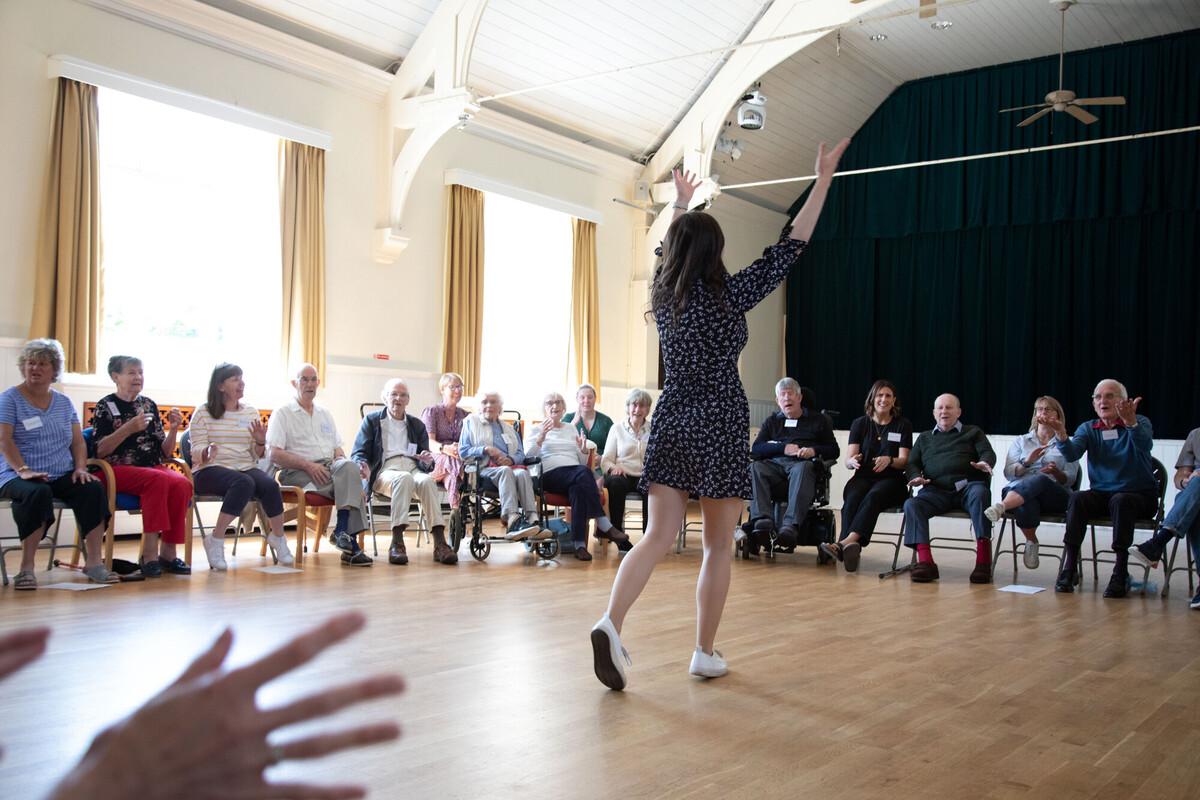After their stroke, a lot of people want to know when their life can get "back to normal." And for many, this includes being able to drive.
Stroke, driving and the law
I'll start with the important thing. By law, you are not allowed to drive for at least one month after a stroke or transient ischaemic attack (TIA).
After that month is up, there are many things that can affect your ability to drive again. The rules will depend on the effect of your stroke, the type of stroke you had, and any other health conditions.
Ask your GP or occupational therapist to help you assess your recovery and for any advice.
It is your responsibility to report any medical condition that affects your driving to the Driver and Vehicle Licensing Agency (Driver & Vehicle Agency Northern Ireland). Failure to notify them could result in a fine of up to £1,000. You could also be prosecuted if you have an accident.
This means you may also need to tell the DVLA (DVA in Northern Ireland) about your stroke. Our page on driving after stroke will help you determine if you need to contact the DVLA or DVA.
And you should let your insurance company know as well. If you do not let them know, it could affect your coverage.
When you're ready to drive again
Once you've sorted out all the paperwork, there are some considerations you may want to make.
Some people like to take refresher lessons or even be reassessed before getting back on the road. This is a great way to feel reassured if driving is causing you some anxiety.
If you have mobility or coordination issues, you may want to speak with your local mobility centre about car adaptations. This could be switching to an automatic (rather than manual) transmission. Or it could be the addition of a steering wheel knob or spinner.
You may also wish to contact your local authority about the Blue Badge Scheme. It lets you park in convenient places in car parks and on-street parking areas.
You can find out more about driving after stroke in the below video:
What if I can't drive anymore?
There are many reasons you might not be able to drive after your stroke. This could be temporary or permanent.
If you drove regularly before your stroke, you may feel that you have lost some of your independence. This is understandable.
We do suggest that you talk to your family and your healthcare professionals about how you're feeling. They can help support you emotionally and practically. Helping you find ways to the things that are important to you.
There are many ways to travel without a car. We've put together a list of a few of the options available to you.
Public transport
Not all areas have good public transport. But if you're lucky enough to live in an area with a good bus service and/or local trains, you do have some options.
You may also be entitled to a free or reduced discount bus pass if you can’t get a driving licence. This could be for a medical reason or if you have have a disability. Contact your local council or local authority to find out more.
In Northern Ireland, contact Translink to see if you're entitled to a half-fare SmartPass on bus and rail travel.
If you're travelling by train you may be eligible for a Disabled Person's Railcard. A Disabled Person’s Railcard entitles you to a third off the cost of most rail fares. It is valid in England, Scotland and Wales.
Community transport
If you are unable to use public transport, contact your local council or authority. They can tell you if they offer any community transport options.
Many councils have schemes for people who are unable to use public transport. These services can help you get around in your local area.
There is also the ShopMobility UK scheme. ShopMobility centres have wheelchairs and powered scooters that you can hire. You can use these to get around town and shopping centres. You can find your local centre by clicking this link.
Access to Work schemes
If you need to get to work, but are unable to drive, there are options available.
The first option is to contact your council to ask about reduced fares on public transport.
But if you are unable to use public transport, there is a government programme that may be able to help. This is the Access to Work grant.
Access to Work is a grant that helps you access practical and mental health support. This can include covering taxi fares or a support worker to get you to work.
We would also recommend talking to your employer. They might be able to support you working from home for some or all the time.
If you need more information about driving after a stroke, please have a look at our detailed guidance page or download this pdf. You can also watch the below video from Colin, who shares his story about getting back behind the wheel. He also includes some practical advice on how he did it.
Other blogs in this category

Community, connection and coping - support for your mental health after stroke
Having stroke can impact on your daily life, relationships, and…
Learn more

Feelings of grief after a stroke
The process of coming to terms with a stroke diagnosis can be…
Learn more
